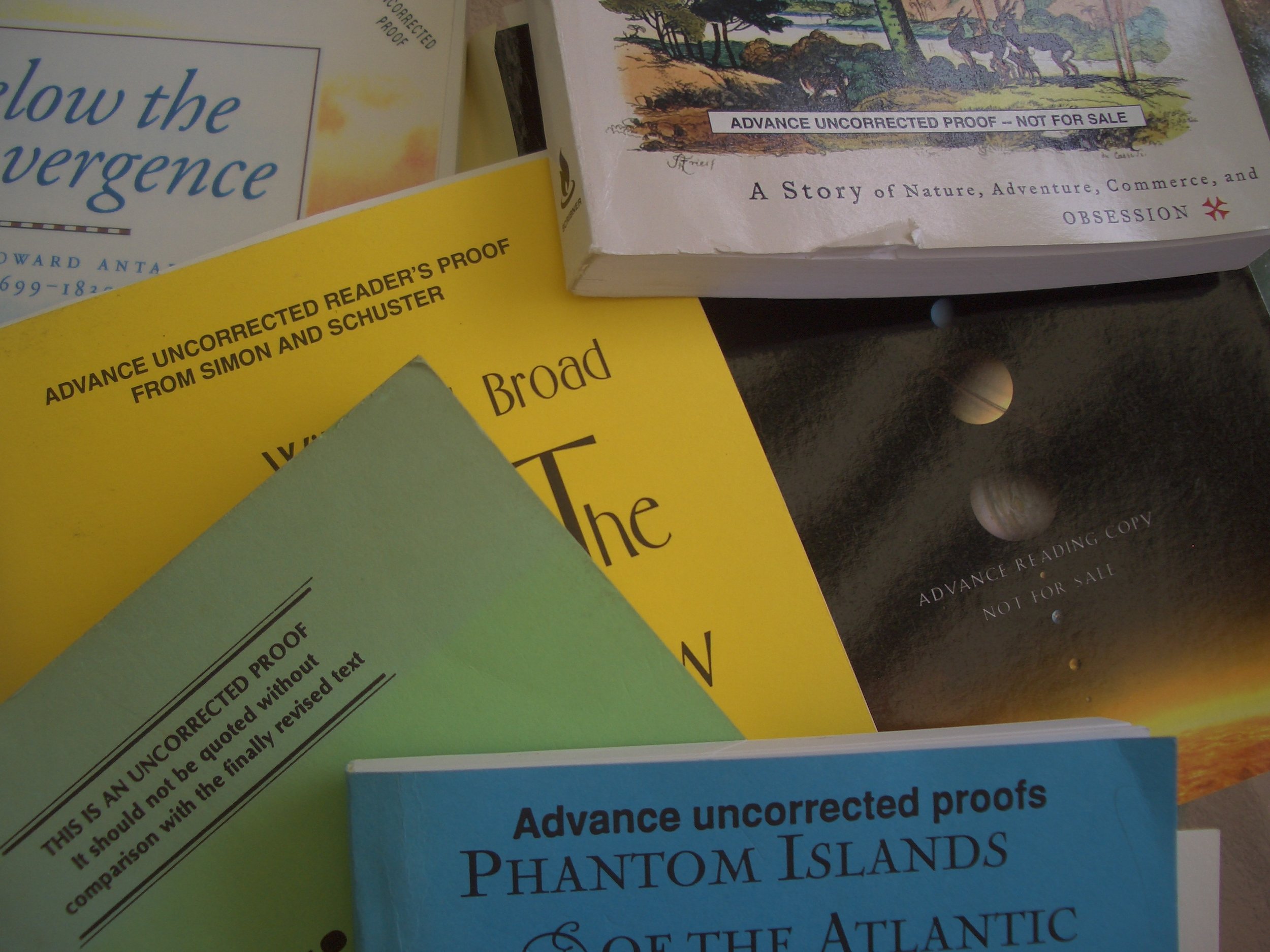I'm writing a review now of a new work of nonfiction for a British monthly. It's a good book, which is a good thing, because I forgot to stipulate my usual conditions when I took this assignment: If I don't enjoy the read, I'll return the book with the suggestion that it not be reviewed. Better to devote my time and the periodical's column-inches to some more deserving title among the many vying for reviewers' attention. Better to say nothing than to savage a fellow author with a bad review. "Why are writers expected to critique our own kind in public?" laments my friend M. G. Lord, author of Forever Barbie and AstroTurf, along with numerous contributions to the New York Times Book Review. "We're like some species that eats its young."
Even favorable reviews can work against an author--sometimes by saying too much. If an appreciative assessment carries on for five or six three-column pages in my favorite magazine, I might decide by the end of it that I've absorbed as much of that book as I care to.
As for reviewers who divulge the plots of novels, well, they should find another line of work.
The book I have at hand is a hardcover, jacketed, published volume--a true anomaly, given that reviewers usually receive a paperbound "advance reading copy" printed on poor quality paper, full of typos and other errors. In fact, such error-ridden "uncorrected proofs" come with a warning: "Do not quote for review without comparing text to finished book."
The warnings no doubt address the editors of reviews, since reviewers tend not to see finished books--unless they buy their own copies later.
Reviewers' galleys also advertise they are "Not for sale," though they do show up at library fund-raisers and used-books stores. Unsaleable and inferior, with blurred illustrations the size of postage stamps, they presume the cachet of "banned" or contraband.
The hefty stock and attractive cover of the book I'm reviewing do not--must not--stop me from scribbling in it (in pencil), underlining this or that, marking whole paragraphs "Q" for "quotable," drawing big question marks in the margins next to claims that jar me, and creating my own index, on the flyleaf, of pages to return to and write about. The actual index--an item missing from any advance reading copy--is of course included here, and stands as a paragon of the genre.
The problem with reviewing the finished book is that I have found a few mistakes in it. If this were a galley, I would send a note to the author, who could then make the small corrections before the book went to press. Instead, I'll have to point out the errors in my review, to demonstrate I've done my job and know something of the subject, as well as to sound a balanced note of criticism in an otherwise enthusiastic endorsement.

